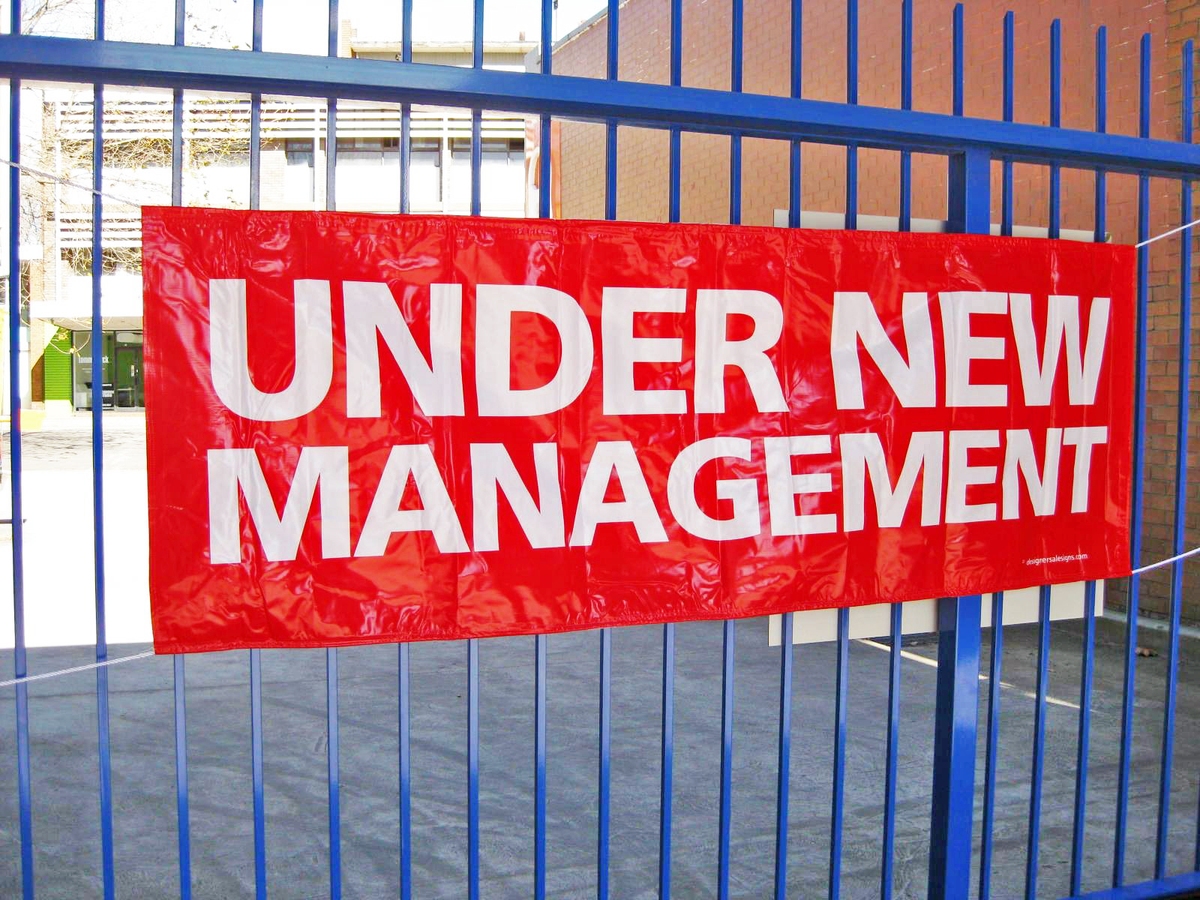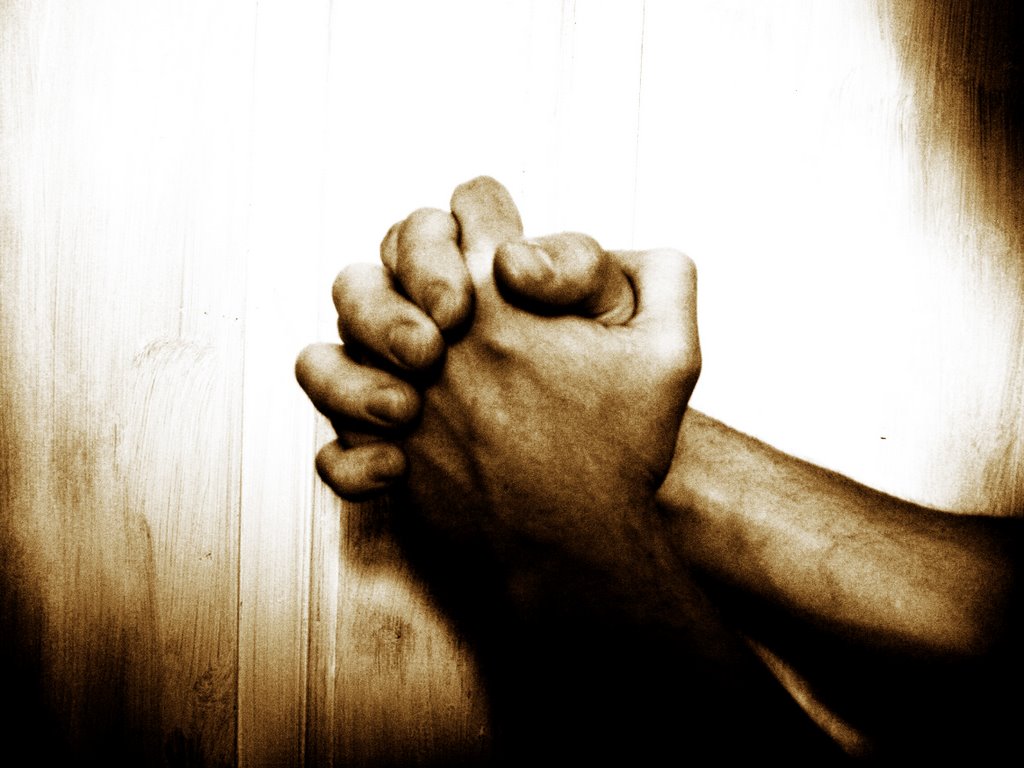 If you find following Jesus to be easy, then with all due respect, you’re doing it wrong.
Jesus is rarely complicated. In fact, when a man asks Jesus to summarize everything required of us under the old covenant (or old testament if you prefer), Jesus basically says this: Love God and love people with everything you are.
If you find following Jesus to be easy, then with all due respect, you’re doing it wrong.
Jesus is rarely complicated. In fact, when a man asks Jesus to summarize everything required of us under the old covenant (or old testament if you prefer), Jesus basically says this: Love God and love people with everything you are.
What does that look like?
Be generous.
Don’t hate.
Don’t lust.
Be humble.
All of those things are simple. And much of the time, really tough.
Most first century Rabbis required their students to attend many years of schooling. They had to demonstrate extraordinary quality before the Rabbi would ever consider asking them to become a disciple. It was a long, arduous, complicated process.
Jesus, on the other hand, walked up to some fisherman and said ‘Come with me, and I’ll teach you how to fish for people.’ They dropped their nets and started to follow Jesus.
Simple.
But not always easy.
As they lived in the moment of God’s mission to renew and restore a broken world, they were constantly criticized by the religious crowd. They had to deal with constant demands by needy people - begging for food and deliverance.
Eventually, many of them would be jailed and executed for daring to be identified as a follower of this man, Jesus.
At a conference recently, John Maxwell talked about how great ideas develop.
He said they start at a level of being simplistic. Simplistic is fast and shallow.
From there, they move to being complex. Complex is long and deep.
Many ideas get stuck at complex. Being a follower of God was insanely complex when Jesus was born. There were hundreds of rules to follow.
But complex doesn’t work. It must make the last evolution: Simple.
Simple is fast and deep.
Jesus boiled all these rules and requirements down to: Love God and love people with all you’ve got.
If your faith is simplistic; that is, you just believe what you’ve been told, keep working to develop it.
If your faith is complex, meaning you can’t communicate what’s important to people who are unfamiliar with it, keep working to develop it.
When your faith is simple, make sure it stays focused on the things Jesus emphasized.
And don’t become discouraged, and give it up. Because while a life of simple faith isn’t easy, I promise you that it is worth all your efforts.
You are part of God’s simple plan to make all things new.
























